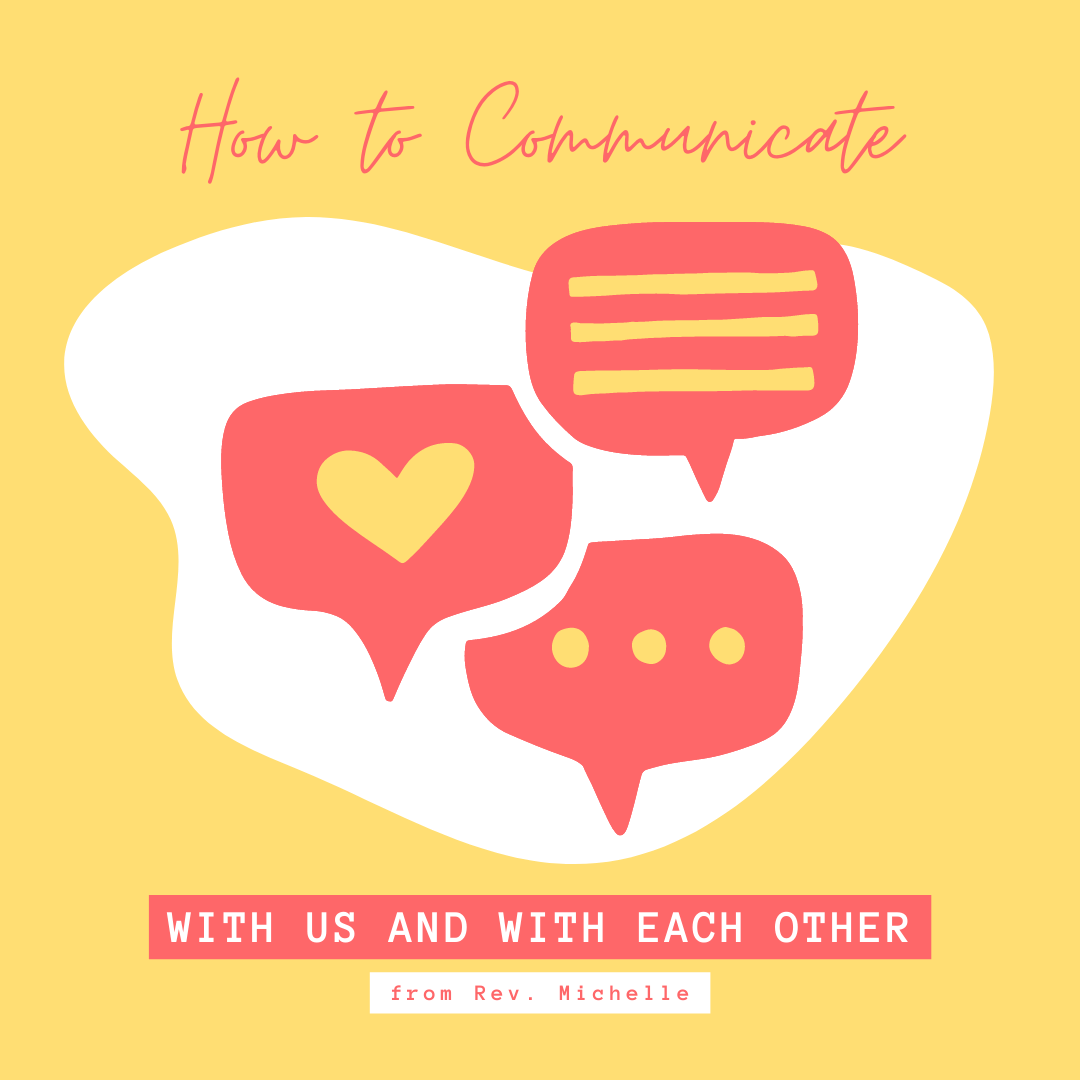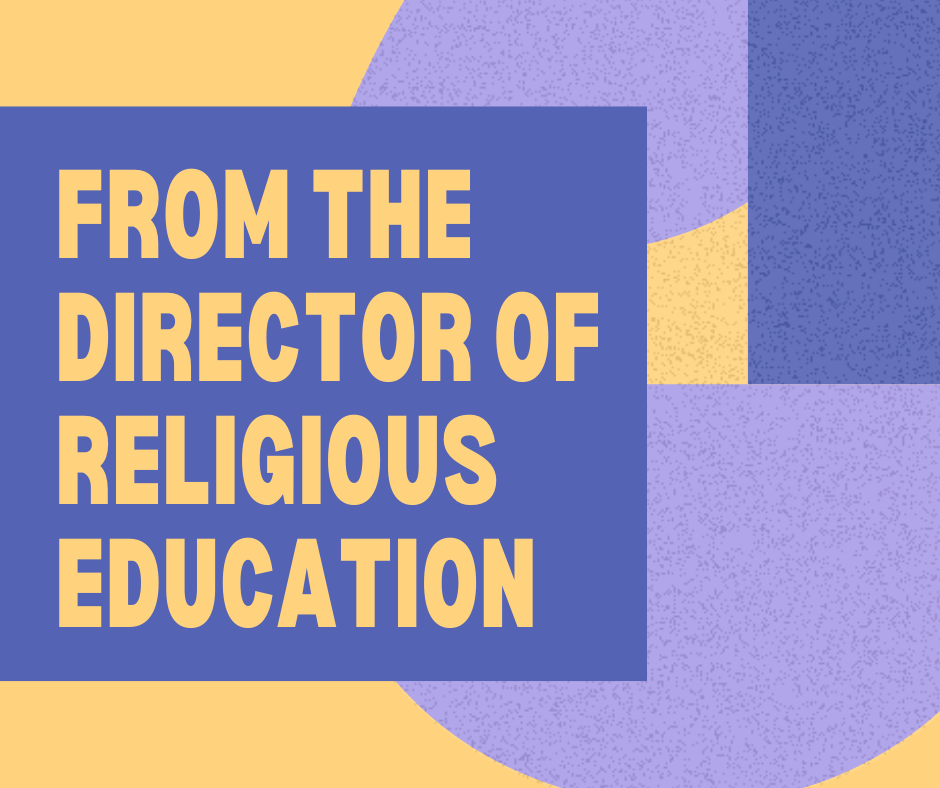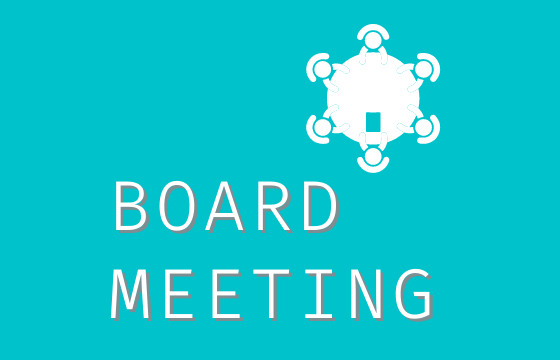This blog combines our congregation’s answers to two of our Living Text Project questions, both dealing with how we respond to difficult situations.
What moves you out of the “dry” times of life, the times when a sense of direction is not clear, when the choices seem less than ideal — when what you want is not what you have?
While I am not particularly known for being a great optimist, it seems that when my life bogs down, or I am generally unhappy, I have to make a leap, and trust that somehow the universe will provide a net.
Funny how it always has.
When I was young and living on my own I wanted someone in my life and so I ran a personal ad in the local alternative newspaper—this is how I met my beloved husband and friend, Wayne.
A few years ago, we decided it was time for Wayne to make a vocational shift, and thus we ended up in Houston.
Thank you Emerson, for being part of our net.
-T. Maenad Widdershins
When what I have is not what I want, I change my expectations and repeat a mantra like, “love, joy, peace, kindness.
-Eric Watson
I try to push out of my mind what I think others would say and think and listen to my first gut instinct. (trust your gut.)
I also look upon the fact that everything seems to happen for a purpose and know that if I can’t figure out why the “dry” times surface, it usually is apparent in time, at which time growth can take place.
-Anonymous
I always fall back on the advice of my amazing mother, who asked me at a particularly bleak time in my young adult life: “Darling, why don’t you concentrate on what you still have instead of what is gone?” 30 years later, I’ve fallen back on and shared that well-worn bit of wisdom over and over.
-Kris Taylor
If someone has hurt you, what would make it possible for you to forgive that person?
An early stage of forgiveness for me was, somewhat, an act of self-preservation. I realized that I would have to let go of my anger so as not to let someone else exert that level of control over my life.
A more mature forgiveness, later comes from the realization that the person who I feel wronged me might later understand that they were in the wrong: forgiving oneself is much harder than forgiving others. So, out of compassion, there is nothing that I can do but give my own forgiveness.
-John Hammer
The Dalai Lama said to forgive but not forget. That’s it for me.
-Anonymous
It would be impossible for me to forgive someone who has hurt me. Why? To truly forgive someone one must be capable of seeing the situation through the other person’s eyes. As I am neither omniscient nor omnipotent, I would not forgive. All I can do is try.
-Anonymous
I have to let go of the hurt. Then forgiveness is easy.
Trust, now…that’s another thing. I can forgive someone completely and not trust them any longer.
-John Palmer
Dear Ones, Yup, things are changing… again. We all know change can be difficult and this congregation sure has had a lot of it the last few years. Now that [...]
Our Beloved Community – We are doing it, Emerson family – we are in a smoother part of this wild rollercoaster ride we have been on. There may be more [...]
Mike Condit will follow up on his RE presentation of May 1 centered on a book by Kenneth E. Walsh entitled Bible Stories for All Without the Dogma by facilitating [...]





